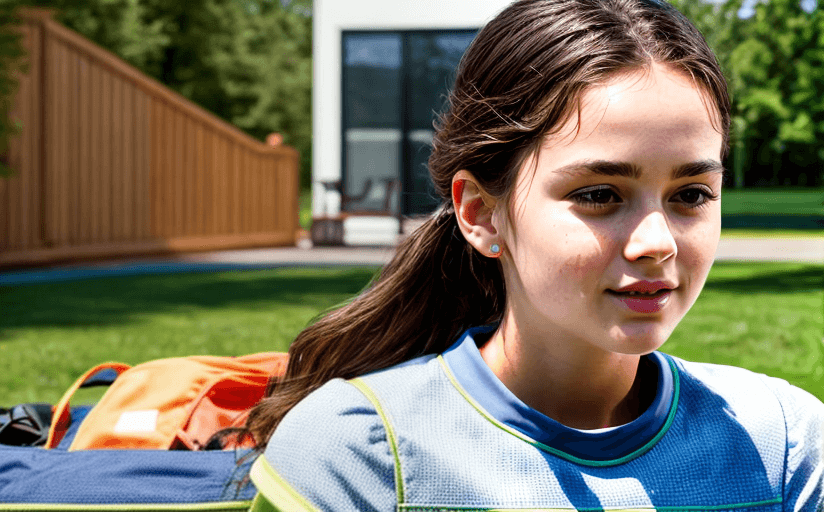The Benefits of Outdoor Learning and How to Utilize It in the Classroom
Outdoor learning has become increasingly popular in education as studies have shown that it can be beneficial to students in multiple ways. Outdoor learning offers physical, mental, and social benefits for students, and it can be used to help students build important skills such as problem solving, creativity, and collaboration. By following certain strategies and utilizing the right resources, educators and parents can make the most of outdoor learning opportunities and help students succeed in their studies.
Physical Benefits of Outdoor Learning
One of the primary benefits of outdoor learning is that it allows students to get some physical activity during the school day. Spending time outdoors can help students stay active and reduce the risk of obesity and other health issues. Outdoor learning also provides students with fresh air and sunshine, which can help improve their overall health and well-being. Furthermore, outdoor learning can be used to teach students about nature and the environment, which can be beneficial for their physical, mental, and emotional development.
Mental Benefits of Outdoor Learning
Outdoor learning can also be beneficial for students in terms of mental development. Studies have shown that spending time outdoors can help reduce stress and anxiety levels, which can be beneficial for students’ mental health. Furthermore, outdoor learning can also help improve students’ concentration and focus, as well as their ability to think creatively and solve problems. By engaging in outdoor learning activities, students can also gain a better understanding of their environment, which can be beneficial for their overall mental health.
Social Benefits of Outdoor Learning
Outdoor learning can also be beneficial for students in terms of social development. Outdoor activities can provide students with opportunities to socialize and collaborate with their peers, which can help them build important social skills. Outdoor learning can also help students develop a sense of responsibility and respect for the environment, which can be beneficial for their overall social development.
Tips for Utilizing Outdoor Learning in the Classroom
In order to make the most of outdoor learning opportunities, educators and parents should create an environment that encourages students to explore and engage with the natural world. This can be done by providing students with the necessary resources and tools to engage in outdoor activities. Educators should also ensure that students have access to safe and secure outdoor spaces. Furthermore, educators should also provide students with the necessary guidance and support in order to help them make the most of their outdoor learning experience.
Conclusion
Outdoor learning can be a powerful tool in the classroom, as it offers physical, mental, and social benefits for students. With the right strategies and resources, educators and parents can make the most of outdoor learning opportunities and help students build important skills such as problem solving, creativity, and collaboration. By utilizing outdoor learning in the classroom, students can gain a better understanding of their environment and develop important skills that can help them succeed in their studies.



















Comments
Leave a Comment